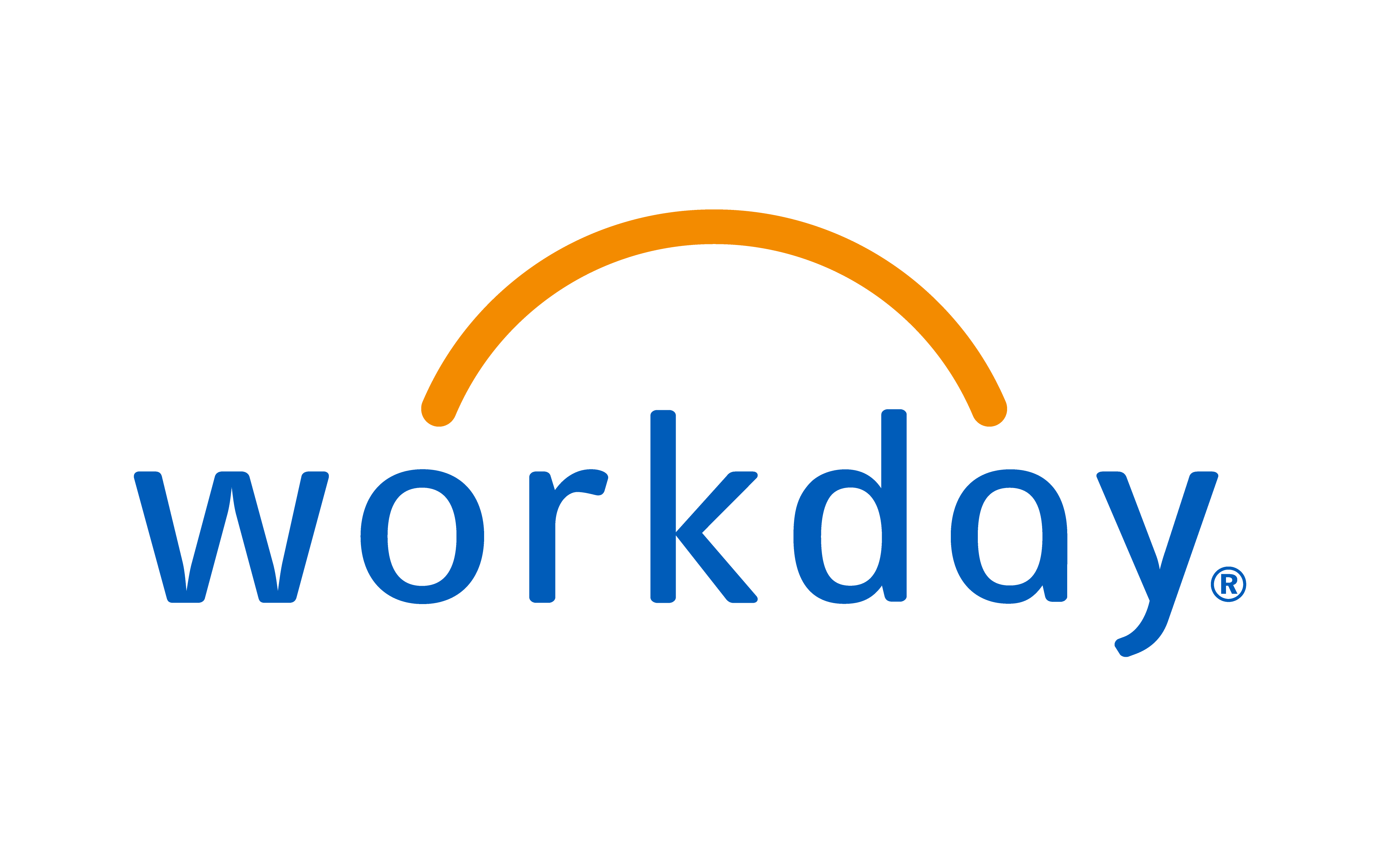Workday review
Workday has made a real name for itself in cloud-based HR software and with added data analytics it packs a real punch

While there are still missing features, the new data analysis tools make this a flexible hub for cloud-based apps.
-
+
Powerful new data analysis tools
-
-
No UK payroll module
Workday is something of a poster child for cloud-based human resource applications. Since its debut eight years ago it has battled successfully against better-known rivals like Oracle's PeopleSoft and SAP to carve out a solid demographic of subscribers.
Undoubtedly one of the reasons for its success is that it has never stood still, incrementally adding features like financial management to its initial core human resources functionality. This latest improvement to the service – Workday's 20th – offers arguably one of the most significant upgrades yet with a new module, Big Data Analytics.
While there are dozens of definitions of big data, at its core it refers to collecting huge, complex amounts of data in one place for further analysis. And managing this massive flow of information is a growing need for many medium-sized and larger businesses. In Workday, Big Data Analysis pulls in data from both other modules within the app as well as elsewhere to help understand patterns or predict outcomes.
It's not that Workday has gone this far without analysis tools, but the significance of Big Data is that it extends almost limitlessly the scope of what can be analysed. Through a series of data connectors you can pull in, for example, sales data from your CRM system to analyse sales return by employee and Big Data also works with unstructured streams of data: it has social media connectors to grab feeds from Facebook, LinkedIn or Twitter.
And while Big Data offers pre-built data connectors to MySQL or Oracle databases – effectively giving access to a sizeable proportion of cloud-based data – there's also an API for unique data source requirements: allowing you to build your own connector.
Arguably the most impressive thing about Workday's Big Data Analytics isn't its extent, but rather its ease of use. The company has helpfully included a set of built-in templates for common analysis tasks, such as retention risk – working out the potential cost to a company of losing an employee – market compensation comparison, competitive benchmarking and others.
These templates can be customised for your own needs. But throughout, there's little need for hard coding, which will delight non-technical people. The module uses a straightforward spreadsheet interface with more than 200 built-in functions to combine or filter data.
Although priced separately, the Big Data Analysis module plugs neatly into the rest of Workday's growing suite of tools. It shares the same good-looking interface as other modules and its functions can be accessed instantly from the Dashboard menu.
The core of Workday remains its human capital management (HCM) module, which comprises a set of standard human resources tools that handle attendance, benefits entitlement and management, but also adds project management features, a recently-introduced time-tracking tool and a 'talent management' option to help with performance management and career development.
For UK users, its weakness is the absence of built-in payroll functionality – currently this module only serves only US and Canadian markets, and is not expected to be available here until 2015. Through its Cloud Connect for Third-Party Payroll component Workday can, at least, connect to third-party payroll systems, but for many it will be a frustrating omission. Also absent is a recruitment function – something available in Oracle – to help source and assess available talent. Workday says this is slated for introduction soon.
The multi-currency Financial Management module is comprehensive – alongside standard transaction processing you get real-time reporting of balance sheet, profit and loss and cash flow. Workday can handle billing, including automatic billing, and even offers basic project management tools that cleverly uses data from the Human Capital Management module – job profile, skills and so on – to help select best the best people to work on a particular project.
But while Workday's scope may have expanded significantly, it still isn't yet a one-size-fits-all cloud solution. Aside from the missing payroll, you'll certainly need another app for managing email or customer relationship management. And while it won't be a concern for some, it's worth noting that Workday doesn't support on-premise or private cloud hosting, leaving Workday's servers in charge of your HR and financial data. It would be comforting to at least have the option of local database storage or backup.
Rather, from the perspective of medium-sized businesses, Workday is looking increasingly like an axle around which other cloud apps revolve. Existing users have already seen the beginnings of this approach through the Financial Management's ties to Salesforce's CRM app or the HCM module's project management links to Microsoft Project. But the new ability to analyse data from just about anywhere takes things to another level.
Its promise is exceptional and won't just excite its customer base – it should also have Workday's competitors very worried indeed.
Verdict
While there are still missing features, the new data analysis tools make this a flexible hub for cloud-based apps.
Get the ITPro daily newsletter
Sign up today and you will receive a free copy of our Future Focus 2025 report - the leading guidance on AI, cybersecurity and other IT challenges as per 700+ senior executives
-
 ‘Phishing kits are a force multiplier': Cheap cyber crime kits can be bought on the dark web for less than $25 – and experts warn it’s lowering the barrier of entry for amateur hackers
‘Phishing kits are a force multiplier': Cheap cyber crime kits can be bought on the dark web for less than $25 – and experts warn it’s lowering the barrier of entry for amateur hackersNews Research from NordVPN shows phishing kits are now widely available on the dark web and via messaging apps like Telegram, and are often selling for less than $25.
By Emma Woollacott Published
-
 Redis unveils new tools for developers working on AI applications
Redis unveils new tools for developers working on AI applicationsNews Redis has announced new tools aimed at making it easier for AI developers to build applications and optimize large language model (LLM) outputs.
By Ross Kelly Published
-
 Google layoffs continue with "hundreds" cut from Chrome, Android, and Pixel teams
Google layoffs continue with "hundreds" cut from Chrome, Android, and Pixel teamsNews The tech giant's efficiency drive enters a third year with devices teams the latest target
By Bobby Hellard Published